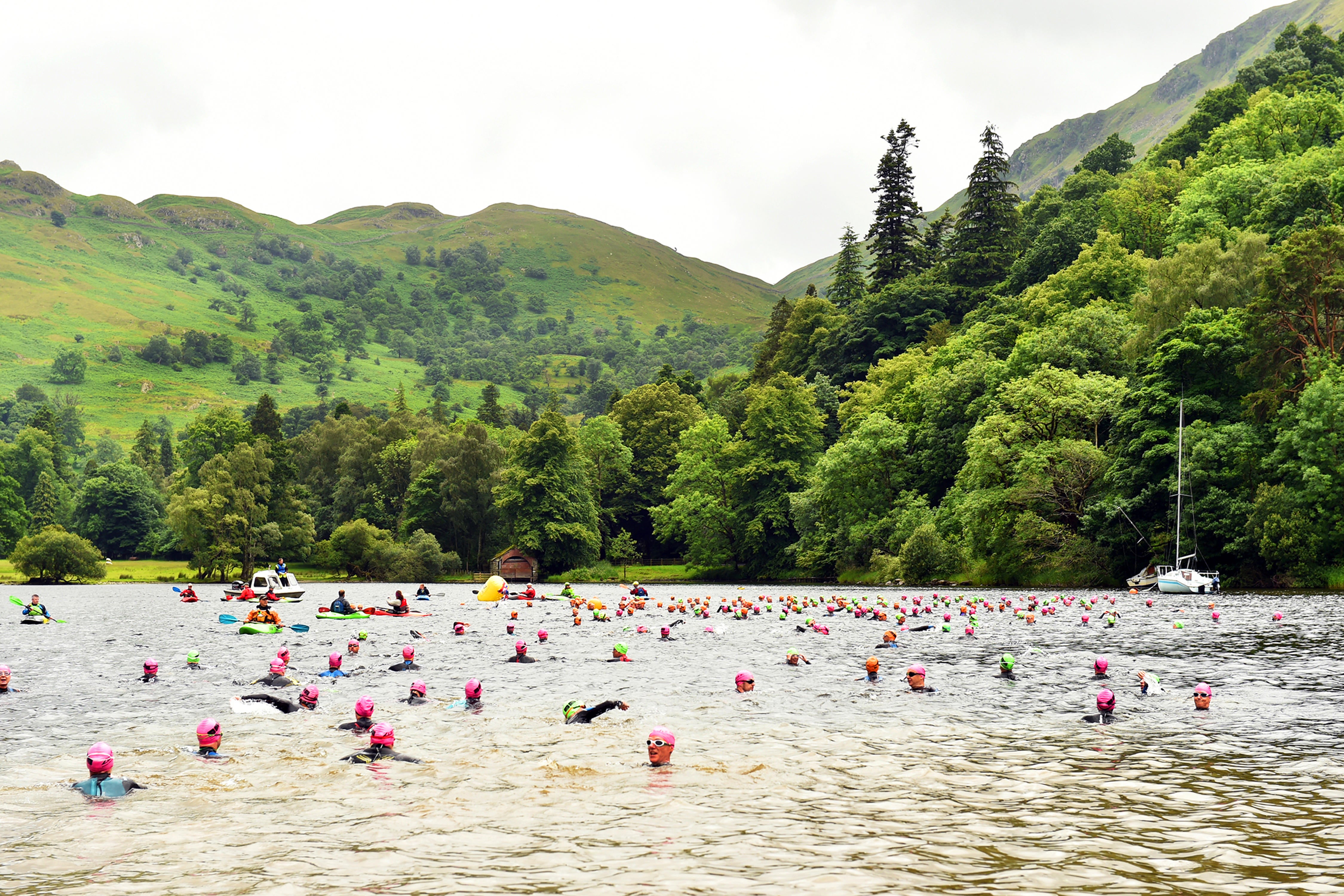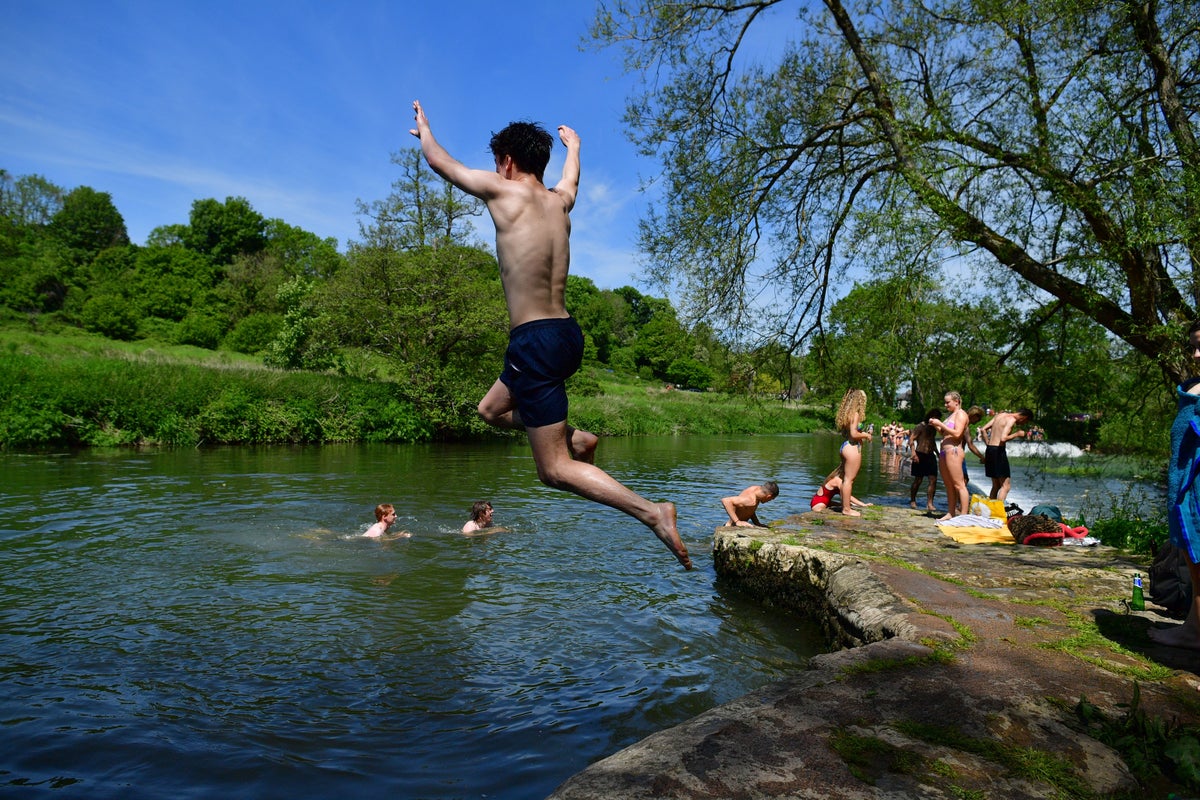England’s bathing season has begun, but amidst the excitement, concerns are rising about the government’s proposed reforms to bathing water regulations.
As the Environment Agency commences its water quality testing at designated sites, campaigners warn the changes could expose swimmers to greater risks.
The official bathing season, running from May 15 to September 30, coincides with the reopening of applications for new bathing sites.
This marks the first opportunity for communities to apply since October 2023. The surge in wild swimming’s popularity underscores the importance of clean and safe waters, but increased sewage discharges and pollution have jeopardised many blue spaces.
Public outcry over these issues prompted the government to announce reforms earlier this year.
These include revisions to the criteria for designating new bathing sites, greater flexibility in season lengths, and a broader legal definition of “bather.” However, the Marine Conservation Society argues these reforms could have unintended negative consequences.
The society warns that the changes could actually decrease the number of new designated sites and shorten, rather than lengthen, the bathing season.
This, they argue, would lead to less frequent monitoring and potentially expose swimmers to poorer water quality.

As the season gets underway, the debate over these reforms continues, highlighting the tension between public enjoyment of natural spaces and the urgent need to protect water quality.
Meanwhile, thousands of water users around the UK plan to stage a nationwide protest against sewage pollution on Saturday by paddling out into water at dozens of locations.
To monitor water quality, the Environment Agency said it plans to take more than 7,000 samples at 451 designated bathing sites across England throughout this year’s season.
Results from lab tests will be uploaded on to Swimfo to help the public decide where to swim, and will be ultimately used to classify the quality of each site as “excellent”, “good”, “sufficient” or “poor” at the end of the season.
Environment Agency chairman Alan Lovell said: “The information from those tests helps us keep people safe, target our regulation and encourage investment to drive up water quality standards.
“It’s part of our core commitment to protect people and the environment.”
But the Marine Conservation Society said the reforms fail to address concerns over sampling, as it claimed 103 water samples were excluded from water quality assessments during the 2024 season.
Under current rules in England, samples taken during short-term pollution events or “abnormal situations” such as sewage spills can be removed from those used to make the final site classifications, the team said, adding this risks the health of swimmers and other water users.
Rachel Wyatt, Marine Conservation Society policy and advocacy manager, said: “We are concerned that if the UK and Welsh governments go ahead with the reforms as planned, it will undermine the spirit of the bathing water regulations to protect the health of water users.
“Any site that is well used recreationally should be designated as a bathing water, and sampling practices should be reviewed as soon as possible.
“Timeframes must also be set for delivery of wider reforms, to ensure that all water users are protected, not just swimmers.”

The Government will also face further anger over water pollution as people flock to more than 40 locations across the country on Saturday for the “Paddle-Out Protests” co-ordinated by Surfers Against Sewage (SAS).
The protesters will call for total reform of the water industry in England and Wales, and clearer monitoring and transparency of the sewage crisis in Scotland and Northern Ireland.
It comes as the Independent Water Commission reviews its evidence before making recommendations to Government on reforming the water industry in England and Wales.
Giles Bristow, SAS chief executive, said: “The thousands paddling out across the UK are letting the water companies, Government and Independent Water Commission know, loud and clear, that we will not accept another year of risking our health to swim in the sea.”
Water minister Emma Hardy said: “Our bathing waters across the country are a great source of pride.
“That is why this Government is committed to protecting them. Our landmark Water Act includes new powers to ban bonuses for polluting water bosses and to bring criminal charges against them if they break the law.
“A record £104 billion in private investment has also been secured to upgrade and build new sewage pipes to help clean up our waterways for good as part of the government’s plan for change.”



